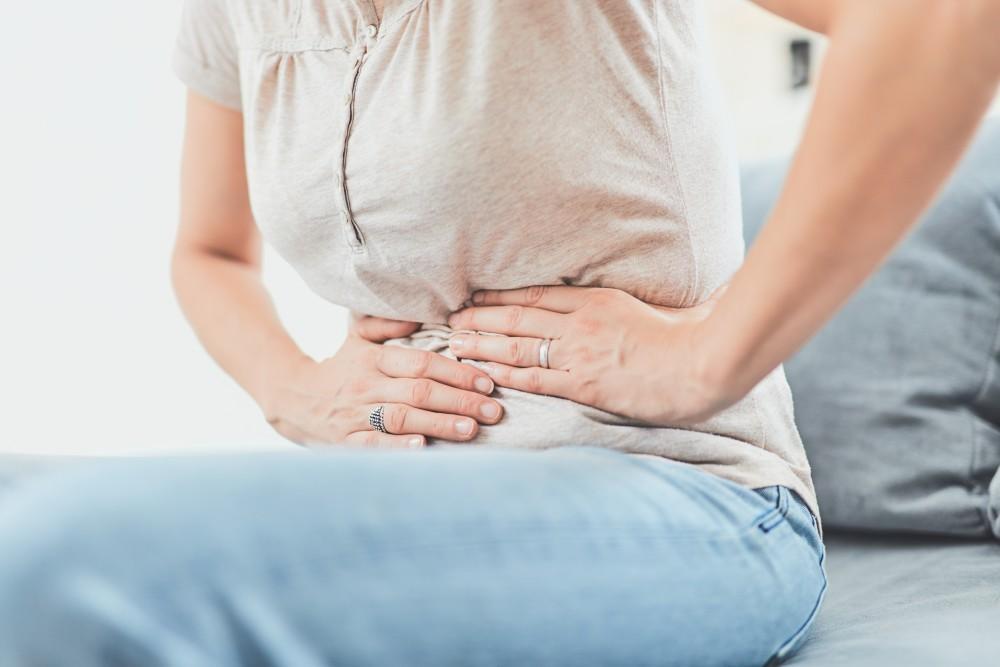
Can Fibroid Pain Return After Uterine Fibroid Embolization (UFE)?
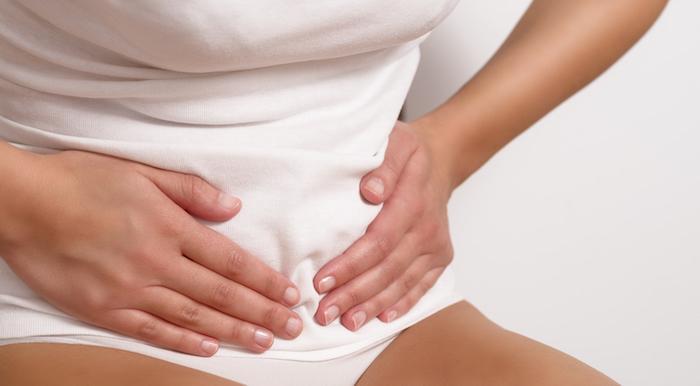
Have you been experiencing the discomfort and pain of uterine fibroids? These non-cancerous growths in the uterus can cause symptoms ranging from heavy menstrual bleeding to pelvic pain.
For many women, these benign tumors become a chronic concern, affecting their daily lives and overall well-being. If you're exploring uterine fibroid embolization (UFE) as a treatment option, you might wonder about how well it works in the long term.
Most importantly, you might wonder if fibroid pain can make a comeback after you undergo UFE. At Alate Health in Houston, Texas, our board-certified radiologists, Dr. Andrew Doe and Dr. Sandra Newberry, understand your concerns.
Our team is committed to helping women make informed decisions about their healthcare. Keep reading as we discuss UFE and whether fibroids can make an unwanted reappearance after treatment.
An overview of UFE
UFE is a minimally invasive procedure primarily designed to treat fibroids. During the treatment, your interventional radiologist introduces tiny particles into your uterine arteries.
These particles obstruct blood flow to the fibroids, causing them to shrink and eventually die. As the fibroids shrink in size, the symptoms associated with them, particularly pain and heavy bleeding, improve.
Reasons to choose UFE
One of the most significant advantages of UFE lies in its non-surgical nature. Patients choose UFE because they make a faster recovery and with less pain compared to traditional surgeries.
In fact, at Alate Health, most patients return home the same day and can resume normal activities within a week. What's more? UFE spares your uterus, keeping this vital organ intact so you don't experience the symptoms associated with hysterectomy.
Understanding if fibroid pain can return
Wondering if fibroid pain can return after UFE is a valid concern. And the answer, while mostly positive, isn't definitive.
Most women experience significant relief from fibroid symptoms post-UFE. However, in rare cases, some fibroids may not respond to the procedure, or new ones could develop. This might lead to a recurrence of pain.
Remember, every patient's body is unique, so reactions to treatments may vary. Regular follow-ups post-procedure can help in early detection and management of any recurring issues.
Several factors can influence the return of fibroids post-UFE. Understanding these risk factors can help manage and possibly prevent painful fibroids' return. Here's a closer look:
Age
Younger women might have a higher chance of fibroid recurrence due to longer exposure to estrogen, which can promote fibroid growth.
Genetics
A family history of fibroids can increase the risk of recurrence.
Lifestyle
Certain factors, such as obesity or high blood pressure, might contribute to the return or development of new fibroids.
Get personalized answer at Alate Health
With so many factors influencing the outcomes of UFE, it's essential to have a conversation with your provider. This way, you can go over your factors. At Alate Health, our providers prioritize your health and well-being.
Scheduling regular check-ups post-UFE and discussing any concerns can offer peace of mind. And, if you're worried about the procedure or its long-term effects, we're here to address every question.
Find out if UFE suits you by contacting a provider at Alate Health in Houston. You can call 713-893-0650 or request an appointment online today.
You Might Also Enjoy...

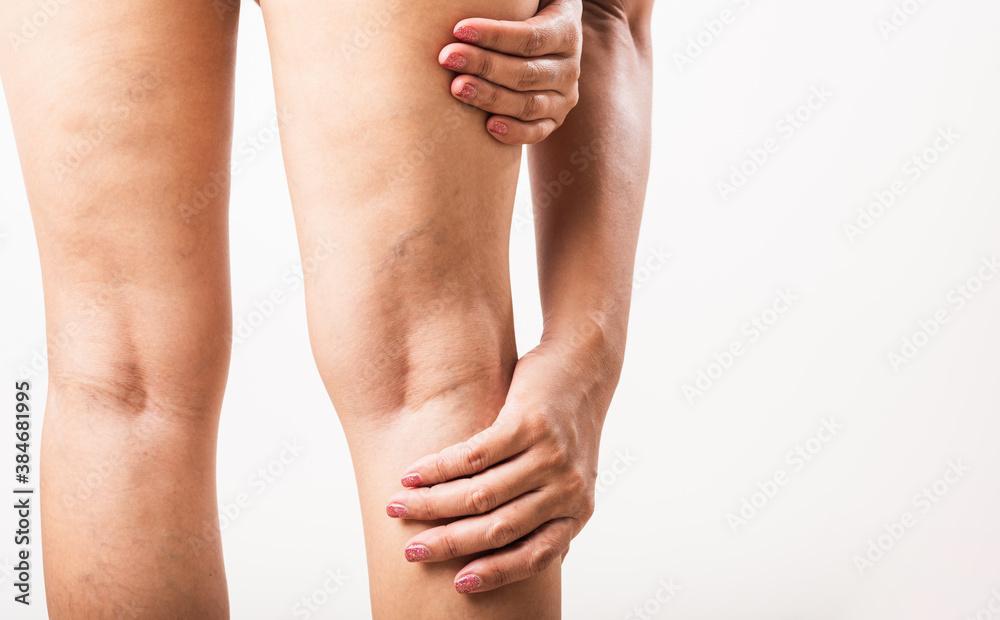
I'm Nervous About My Upcoming VenaSealTM Procedure

Telehealth: The Advantages of Telemedicine
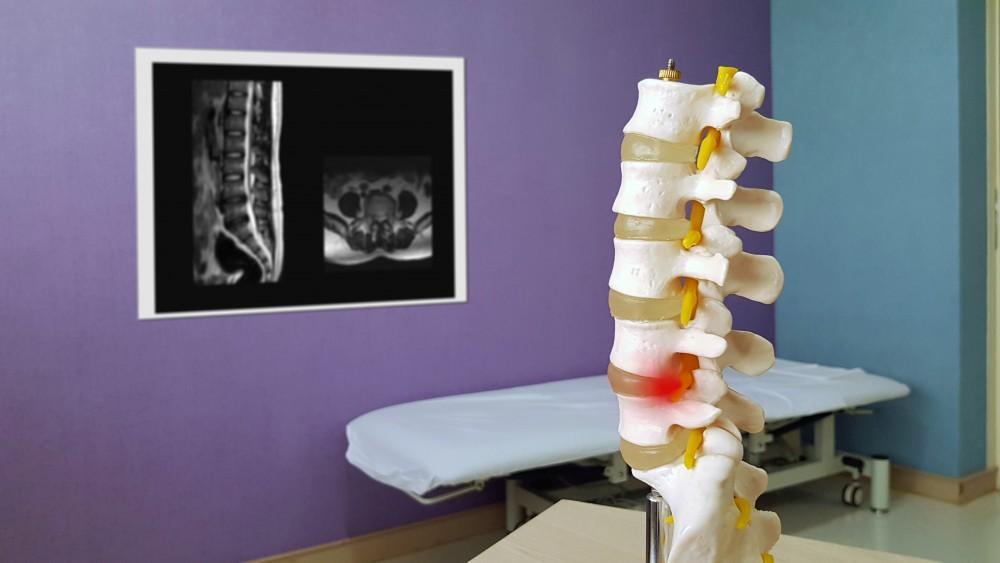
What Caused My Spinal Stenosis?
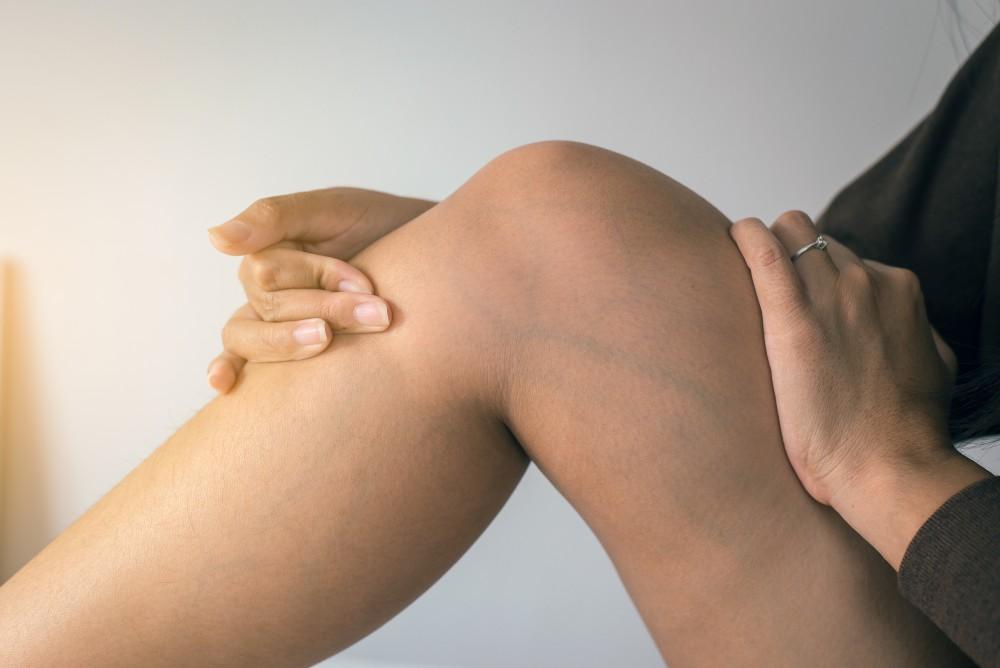
I'm Embarrassed About My Varicose Veins


